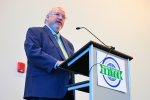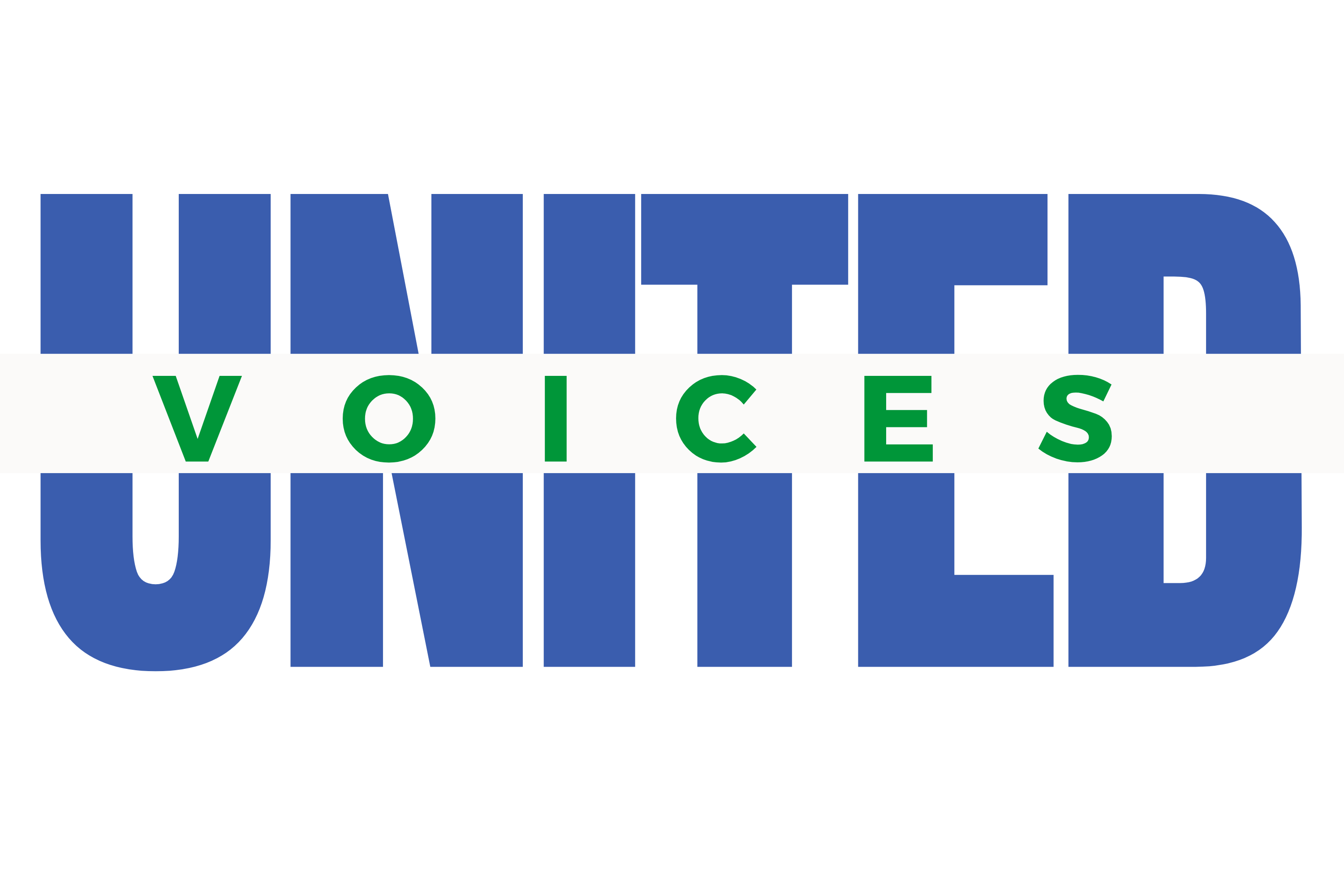It’s Déjà Vu, All Over Again
Benjamin Franklin, one of our nation’s Founding Fathers, has been attributed with an abundance of famous phrases – some true, most falsely. See if you can guess which of the following quotes were authentically his:
- “Our new Constitution is now established, everything seems to promise it will be durable; but, in this world, nothing is certain except death and taxes.”
- “If you fail to plan, you are planning to fail!”
You can find the answer key at the end of this story, but whether or not Franklin first spoke these truisms is less important than the wisdom they both infer upon anyone willing to listen. While no one particularly likes paying their taxes each year, particularly property taxes, they truly are necessary in a functioning society like ours.
To quote another great American, Yogi Berra: “It’s déjà vu, all over again.”
Twelve years ago, supporters of a ruinous “plan” (there was no plan; more on that later) to eliminate property taxes in our state brought an initiated measure to the ballot in 2012, and it was defeated soundly.
And now it is 2024, and again a group of individuals who do not listen or learn from history are again going after property taxes. This group collected enough petition signatures to place Measure 4, an initiated constitutional amendment to eliminate the collection of property taxes on assessed values, onto the Nov. 5, 2024, general election ballot.
Keep It Local Coalition
From the moment it was first announced that a group led by former state representative Rick Becker was gathering petition signatures for this measure, North Dakota United's members and leaders have been working to build a coalition of similar groups and concerned citizens opposed to this harmful proposal.
During the 2024 ND United Delegate Assembly on April 20, 2024, our members approved a new business item that said our union “will oppose any proposed legislation or constitutional amendment designed to usurp the power of North Dakota’s political subdivisions to levy property taxes based on property value to support public services in their counties and communities.”
On June 20, ND United leaders and representatives of other associations and nonprofit organizations held press conferences in Bismarck and Fargo to announce the launch of the Keep It Local coalition that will oppose Measure 4.
Some of the other groups in Keep It Local, which stood at about 62 at launch and has now grown to more than 80, including AARP ND, the Greater North Dakota Chamber and Chambers of Commerce in the state’s largest cities, North Dakota Farmers Union, North Dakota Petroleum Council, ND AFL-CIO and many more.
Protecting Local Control
This movement to protect local control and the necessary funding our communities rely upon for public schools and essential services continues to grow in strength and numbers. Learn more about the Keep It Local coalition and what you can do to help.
We recently asked a few of our members from different parts of the state to talk to us about what they knew about Measure 4, and to share their thoughts and opinions on what could happen if it were to pass and school districts would stand to lose 30%-40% in annual funding.
“As a school, if we lost 40% of our funding, there would be a variety of things that would take a cut,” said Monica Klein, a kindergarten teacher at Lakewood Elementary in Mandan and president of the Mandan Education Association. Because of that, we would, obviously not be able to offer the salaries to our teachers and to our ESPs, and it is already hard to recruit and retain teachers in our current environment. It would take resources away from our students, like updated curriculum,. facilities and those supplies and things that we offer to our students every day.”
Jessica Van Winkle, a special educator with Horizon Middle School in Bismarck and vice president for Bismarck Education Association, similarly sees a steep cost to resources available for students if Measure 4 should pass in November.
“First and foremost, our kids are going to lose out on a lot,” Van Winkle said. “We use a lot of our money for curriculum,” which she said is constantly changing and evolving. “We don't want our students to be learning English from archaic textbooks and don't want to have broken Chromebooks. We don't want them to not have the supplies that they need to become a better human and a future adult.”
Quote byMonica Klein , kindergarten teacher at Lakewood Elementary in Mandan

Measure 4 Exacerbates Teacher Recruitment Problem
As our state is currently struggling greatly to both recruit and retain educators in the field, decimating school district budgets to hire and keep quality teachers and education support professionals will become an even more imposing challenge. And when educator shortages happen, the group of people who suffer the most are the students who rely upon consistency and well-trained, highly qualified personnel in our public schools.
“One of the biggest things is having those connections with those trusted adults, having those consistent ... in front of them,” Klein said. “Whether those are teachers, whether those are ESPs, whether those are anybody that they connect with, any adult that they connect with throughout the day. If we are having teachers leave and then taking away 40% of a school budget due to lack of property taxes, we're going to lose even more than we already have.”
Amanda Darveaux, a special education paraeducator who is moving into an instructional role in both the Fargo and West Fargo districts, recognizes the importance of retaining and recruiting both teachers and ESPs in special education, and the ripple effect it would have on all students if students in need of extra support are denied these services due to budget restraints.
“A lot of our schools are a refuge for students,” Darveaux said. “The services that we provide, the counseling that we provide, the safety that we provide as a building, as a community in our school, we would lose a lot of resources to be that kind of safe haven. If we can't afford to hire more teachers, you know, we have larger class sizes, and that larger class size can lead to students that might need more help either not getting the help that they need in a direct way, or just disengaging altogether, and being kind of lost in the shuffle.”
Quote byJessica Van Winkle , special educator at Horizon Middle School in Bismarck

Measure 4 is a Nightmare for Rural Communities
While the thought of rolling back public school services by somewhere around 40% is scary enough in larger districts like Fargo and Bismarck, it’s a next-level nightmare when you consider cuts to that extent in smaller, rural school districts.
Brenda Seehafer teaches Title I reading and math at Mt. Pleasant School in Rolla, in addition to serving as the Rolla Education Association president and negotiator and NEA Director for North Dakota United. With a student population of less than 300, Seehafer and her colleagues in Rolla would likely face the prospect of having their school shut down.
“It's over $1.3 billion per year that is lost in property taxes,” Seehafer said about the fiscal impact of Measure 4. “So, that takes away things like curriculum, services to our students, all those types of things that we need daily to work with. And it's also going to push away people from your community, because in a smaller rural district like I work in, there also could be the idea of consolidating districts because you don't have the resources and the money to do those types of things that we want to do every day with our students.”
Rural Communities Will Suffer In Many Ways
North Dakota United members aren’t just educators and public employees; they are also property owners, taxpayers and community members. While the bulk of property taxes go to public schools, they are also used to fund other vital public services, including emergency responders, road repair, public parks, libraries, snow removal, and a lot more. They, too, stand to stand to lose a lot of services that they, their families, friends and neighbors all depend upon daily.
“It scares me to death [to think about] what our township would look like,” in the event of a snowstorm if Measure 4 passed, Van Winkle said. “We've had a couple pretty bad snow storms. I'm not going to be able to make it into town if I don't have my neighborhood plowman coming and plowing our roads.”
When teachers can’t make it into school, students most likely won’t, either. And that’s valuable classroom time being lost, unnecessarily. Beyond that impact, emergency responders will struggle to reach sick and elderly residents in cases of distress.
“I have elderly in-laws,” Van Winkle added. “I'm very worried that if something were to happen, and we are pretty far out of town. How long am I going to have to wait for that ambulance or that fire service to come and support us? And knowing that just like teachers, those public-service workers really do their job from the heart. How terrible that must feel to think about those possible emergencies and not having the equipment, or the budget, or the space to get to people on time to help out.”
Quote byBrenda Seehafer , Title I reading and math teacher at Mt. Pleasant School in Rolla

Property Taxes Hold Our Communities Together
Klein’s husband works as a first responder in their community, and they were both drawn to the quality of public services available in Mandan when they decided to make that place their home. “My husband and I both had a calling to public service,” Klein said, “and when we were looking at a place to move, North Dakota was a really growing area. So, we knew that it would be a place [where] our careers would thrive.
When we got up here, I fell in love with the community. I fell in love with the parks. I fell in love with the libraries. I fell in love with the community events. I fell in love with so many of those things. He fell in love with the hunting and fishing. But I fell in love with the community. And that community is going to be so affected by [Measure 4], because not only is it going to take 40% away from our school districts, it's going to take away 30% to 20% of cities and county budgets, also.”
What Happens if Measure 4 Passes?
One of the scariest parts of Measure 4 is the lack of a well-vetted plan for replacing $1.329 billion per year in lost revenue that goes directly to political subdivisions, primarily counties, for funding public schools and essential services in our communities. The drafters of Measure 4 deliberately omitted any semblance of a plan for political subdivisions to make up the billions of dollars in revenue they receive each year through the collection of property taxes.
Proponents of the “plan” say that the Legislature will reduce spending and possibly dip into the Legacy Fund to offset these losses and repay political subdivisions in full. This seems to be tenuous logic, since Legislative Council estimates that Measure 4 would cost the state $2.466 billion per biennium, which amounts to 40.4% of the general fund budget.
The North Dakota Association of Counties, which is also a member of the Keep It Local coalition, expressed severe reservations on how the property tax revenues that counties currently receive would be replaced. In a resolution, the association said, “Although the potential measure states the lost revenue would be replaced by State dollars, it is unclear where the legislature would find the required dollars.”
When asked about the prospect of going into a new school year and changing nearly everything about how she teaches in the classroom to accommodate for a 40% loss of funding without doing any planning ahead of time, Van Winkle laughed.
“I'm laughing because all summer I've been planning, and getting prepared for this new school year,” she said. “So, going into something as big as this, without a plan is just laughable in that sense. And when you question, ‘Why don't you have a plan?’ A lot of times it's these people that believe in this will say they have plans, [but] they just are not sharing them. And it's because they don't have anything to provide and backup the reasonings.”
Darveaux agreed with that perspective, adding that those negatively impacted the most by doing something so reckless as passing Measure 4 would be the students who attend our public schools.
“Taking property taxes away from our schools would ultimately hurt the students that we claim that we're trying to help, that we're trying to grow, that we're trying to be more equitable,” she said. “You know, the first thing that goes when we take away funding [are] programs we put in place to ensure equity or inclusion. … And if we start taking away those things, who's going to do that? What is your plan for that? What is the plan for getting rid of services like that, for having fewer counselors, for having fewer teachers? There is no plan. That's a lack of a plan, and that doesn't work.”
Quote byAmanda Darveaux , special education paraeducator in Fargo & West Fargo

Taxes Keep Our Communities Thriving
Finishing where we started, did Benjamin Franklin originally coin the quote on “death and taxes”?
He did, and it’s wise counsel to our members and all of your friends, family members, neighbors and colleagues who will be voting on Measure 4. Taxes will not magically go away, whether you vote or wish hard enough. Eliminating property taxes will only necessitate the raising of other taxes and fees to make up the difference. Essential services in our communities have a cost, and we all share in paying those costs through paying taxes.
Finally, did Franklin say, “If you fail to plan, you are planning to fail”? Probably not, but that doesn’t minimize the wisdom of this quote. Measure 4 has no plan, and will undoubtedly lead to failure.
North Dakota United members are urged to get out to vote this November, and to VOTE NO on Measure 4.







